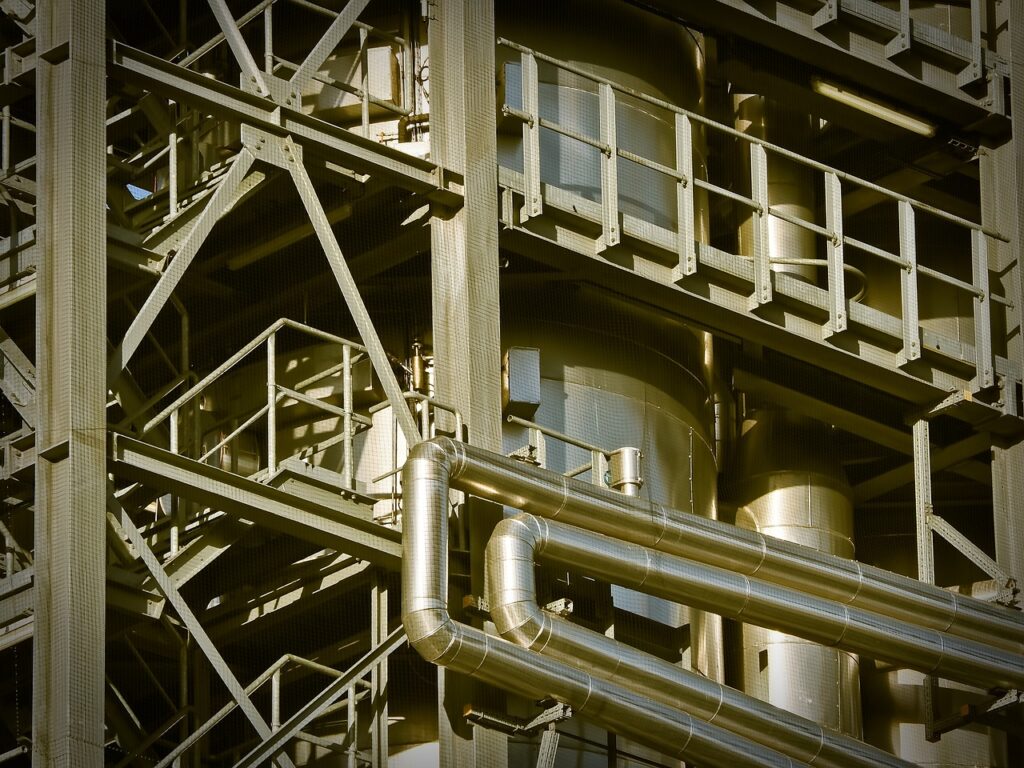German Enterprises Are Increasing Investments in China. On October 25, six departments including the National Development and Reform Commission, issued the ‘Several Policies and Measures on Promoting the Expansion of Foreign Investment, Stabilizing the Quantity and Improving the Quality of Foreign Investment, Focusing on the Manufacturing Industry’. As a result, it released a positive signal of increasing the strength of attracting foreign investment. Especially in the manufacturing industry and promoting the high-quality development of utilizing foreign investment.
Recently, the news that German enterprises are increasing investments in China has attracted attention. Since this year, investment from Germany has ‘blossomed in many places’ in China. So to speak, it initiates a new round of development for German enterprises in China.

In Zhanjiang, Guangdong, BASF started to build an integrated base. Besides that, Volkswagen will set up a joint venture company, focusing on technology development in the field of automatic driving. In addition, BMW has successively built two electric vehicle projects in Shenyang and Suzhou for electric vehicle business.
According to the data of the German Central Bank, in the first half of this year, Germany’s investment in China reached 10.1 billion euros, a record high. Next month will be the 50th anniversary of the establishment of diplomatic relations between China and Germany. And German Prime Minister Olaf Scholtz will visit China for the first time. To the world, Germany once again looks to China. Literally, it means new opportunities for Chinese cities that are actively planning industrial transformation and upgrading.
01 China’s high-end manufacturing industry is the main investment target
This year, several large investments from Germany are direct to China’s high-end manufacturing industry.

In Zhanjiang, BASF is the third largest integrated production base in the world. As a result, it has become the ‘chain owner’ of the local chemical industry. In terms of scale, the total investment of the project is up to 10 billion euros. By record, it is also the largest foreign investment project in its history.
Why did BASF choose Zhanjiang? Firstly, Guangdong is one of the fastest growing markets in the chemical industry. Secondly, Zhanjiang has rich natural resources, excellent deep-water harbor and convenient transportation network. With all these natural advantages, it is an excellent place to serve customers in Guangdong Province and the world.
BMW, which has increased its capital in Shenyang, is targeting at competition in the new energy industry. In the field of electric vehicles, more German enterprises are also increasing their investment in Chinese cities. For example, in June this year, Audi launched its new energy vehicle project in Changchun. It is Audi’s first production base specialized in producing pure electric vehicles in China. Not long ago, Volkswagen announced that it would invest about 2.4 billion euros to establish a joint venture in automatic driving. Surprisingly, it is also its largest single investment in China in 40 years.

02 Fast growing German investment
From January to August 2022, China’s actual utilization of foreign capital increased by 20% year on year. Among these, the actual utilization of foreign capital in high-tech industries increased by 33.6% year on year. The most prominent is high-tech manufacturing, with an increase of 43.1%.
Foreign direct investment(FDI) was mainly in the central and western regions recently. As of August this year, FDI in the western region has increased by about 43% year on year. Among these, 28% was in the central region and 14% wasin the eastern region respectively.
However, judging from several large-scale investment destinations of German enterprises this year, cities in coastal areas are their top choices. More representative are BASF, BMW, Volkswagen and Daimler. These four enterprises accounted for 34% of the total European investment in China from 2018 to 2020.

03 Diversified Investment Map
Of course, Germany’s investment in China is not limited to these famous big companies.
Data shows that last year, Taicang has gathered nearly 400 German enterprises. The total industrial output value of these enterprises in a year exceeds 50 billion yuan. In addition to that, it drives and radiates more than 300 private enterprises.
Deep Digital China will continue to report trends of foreign investments in China.
